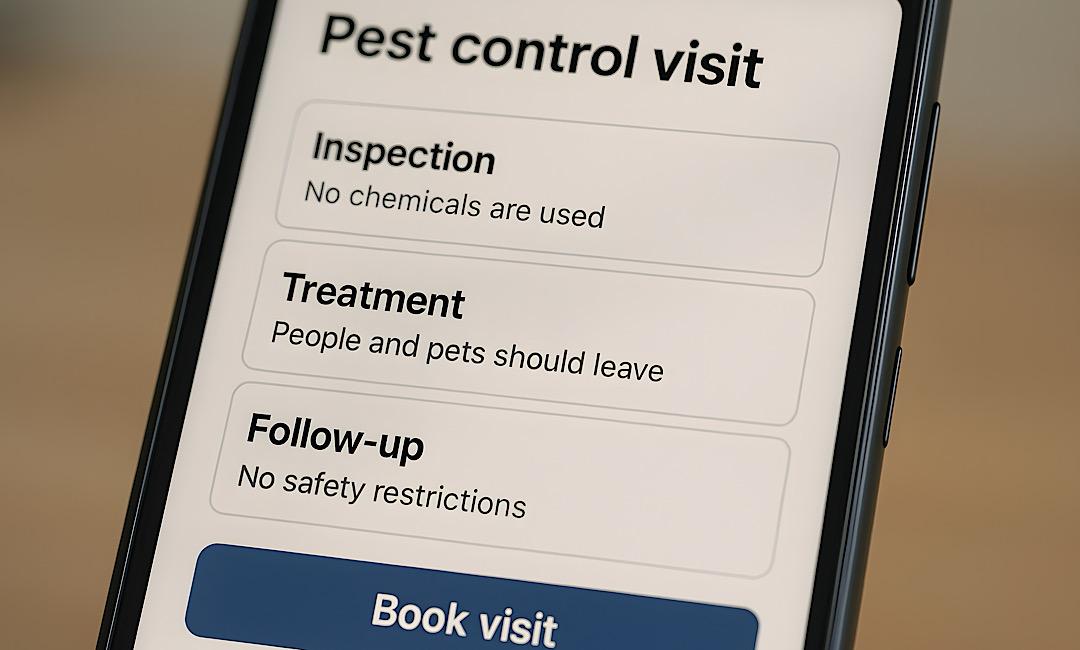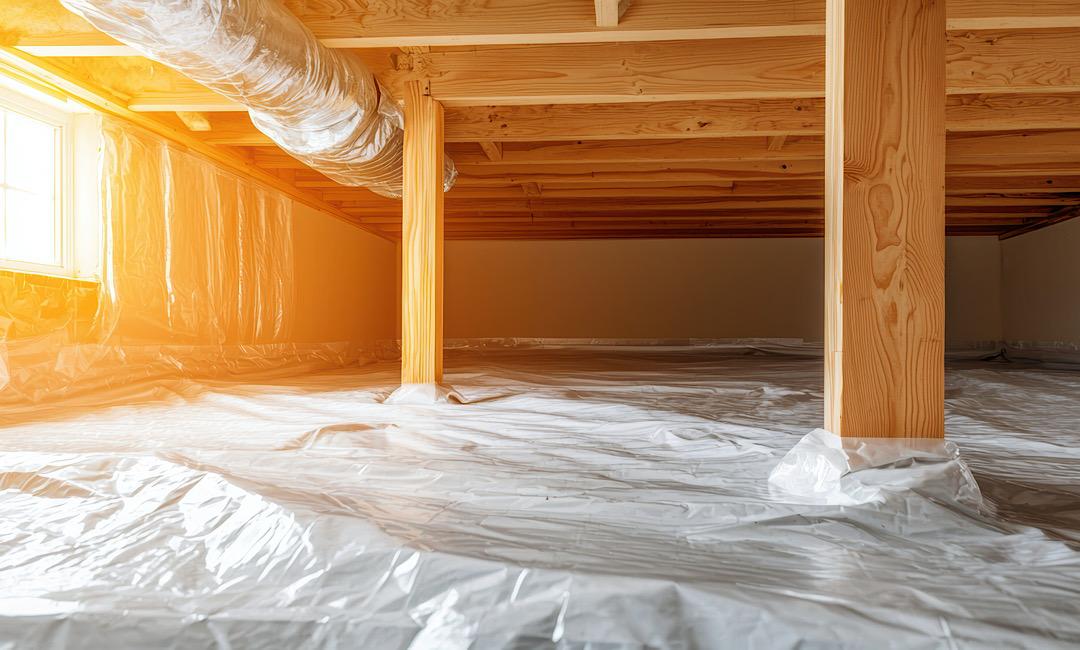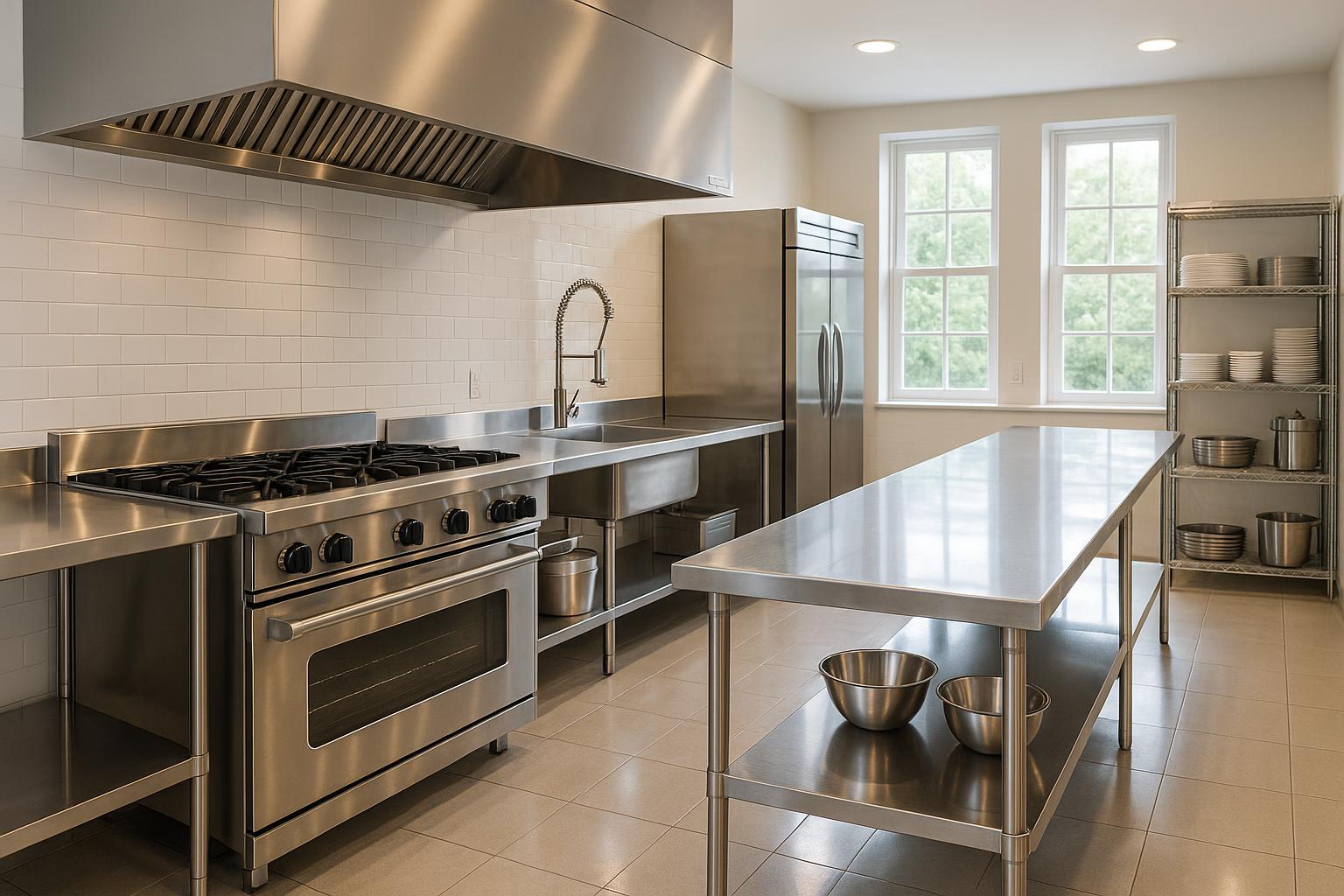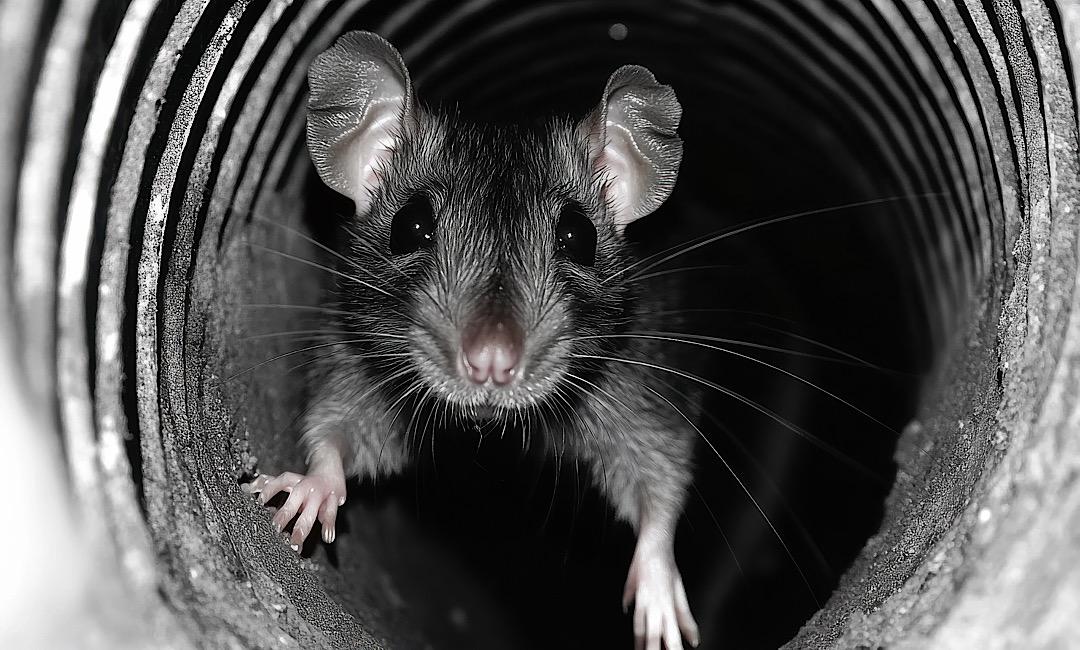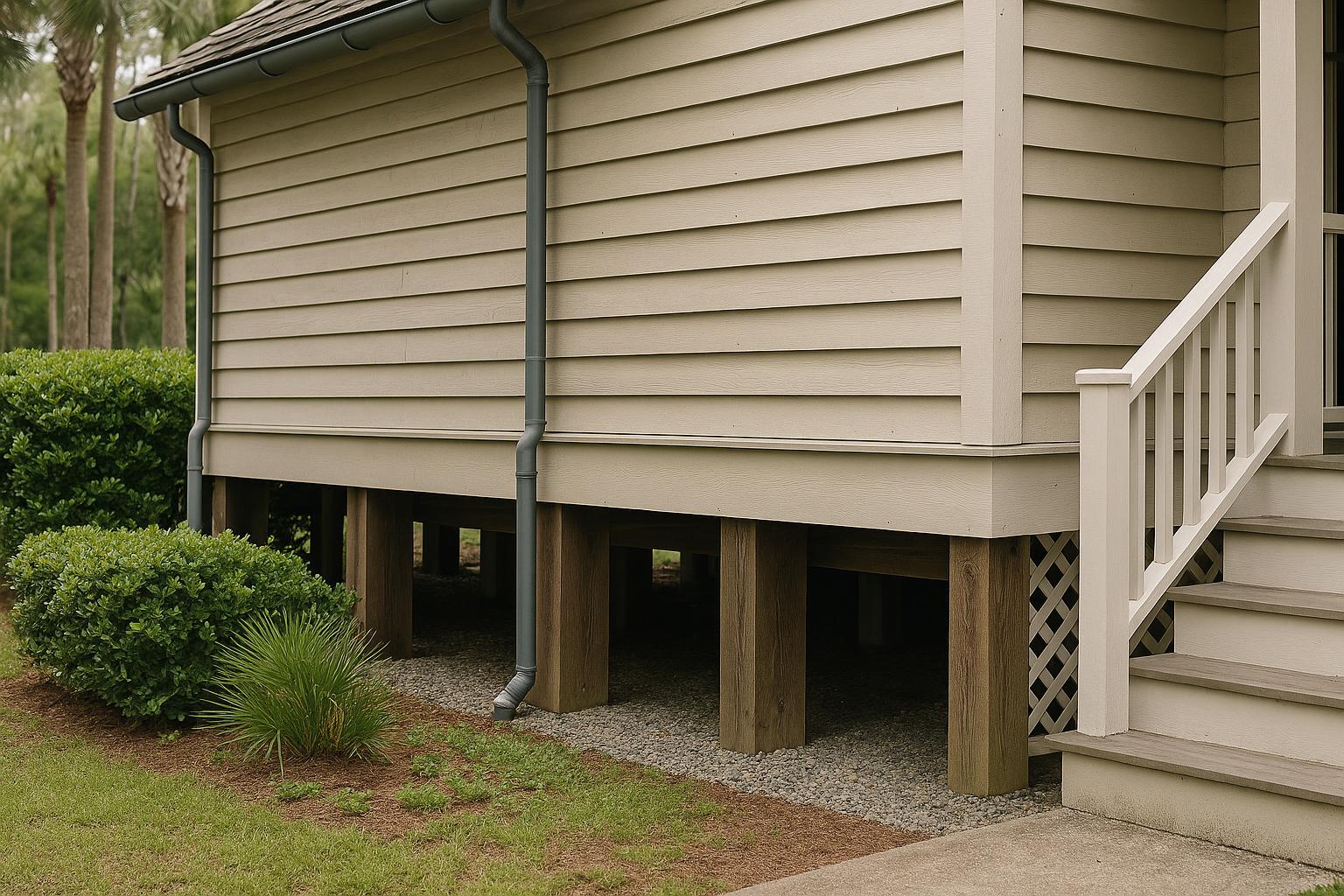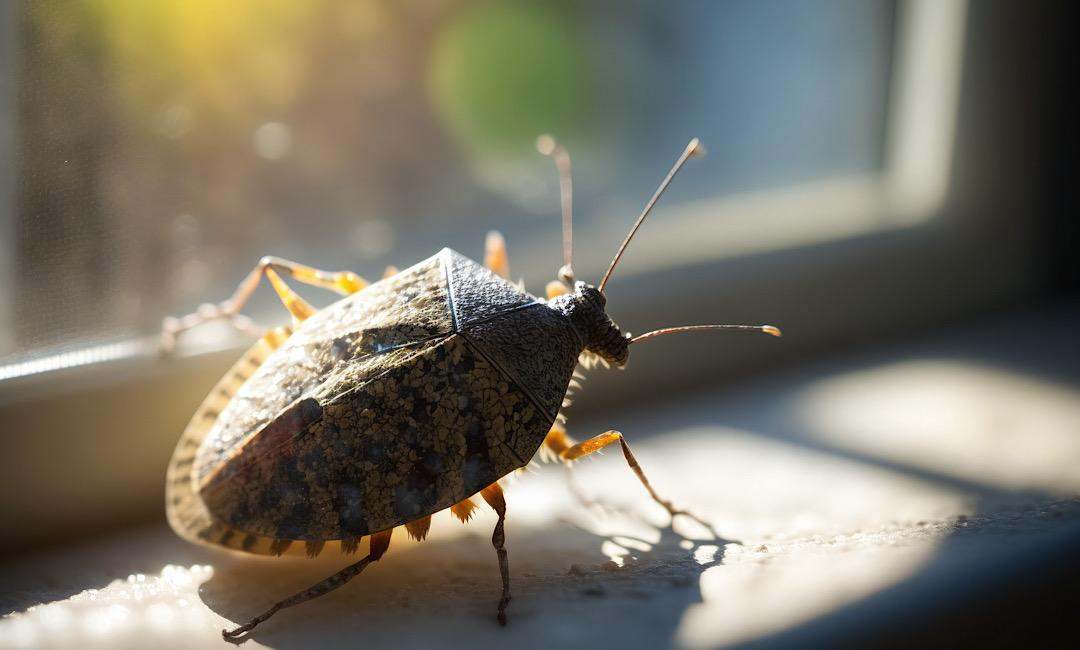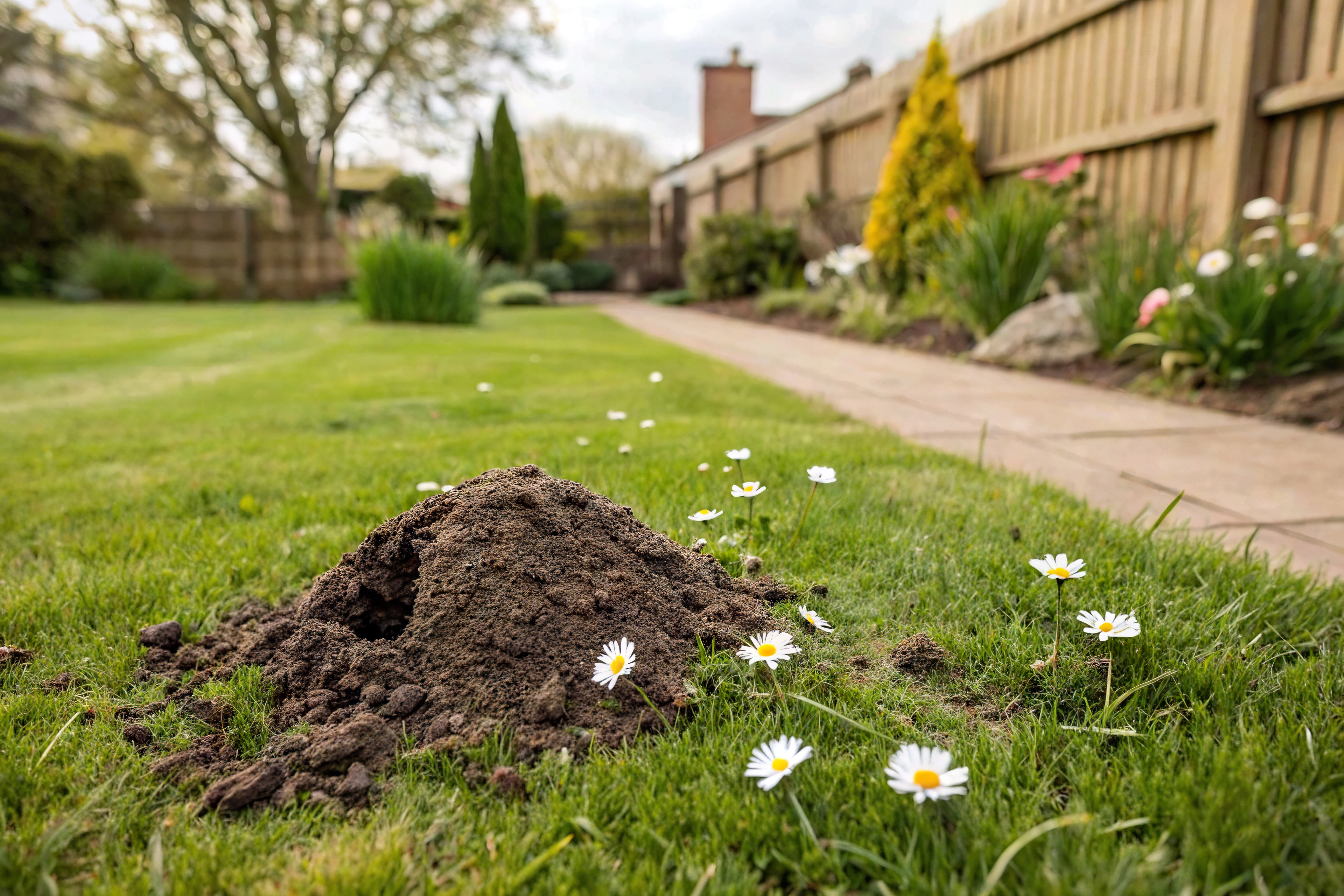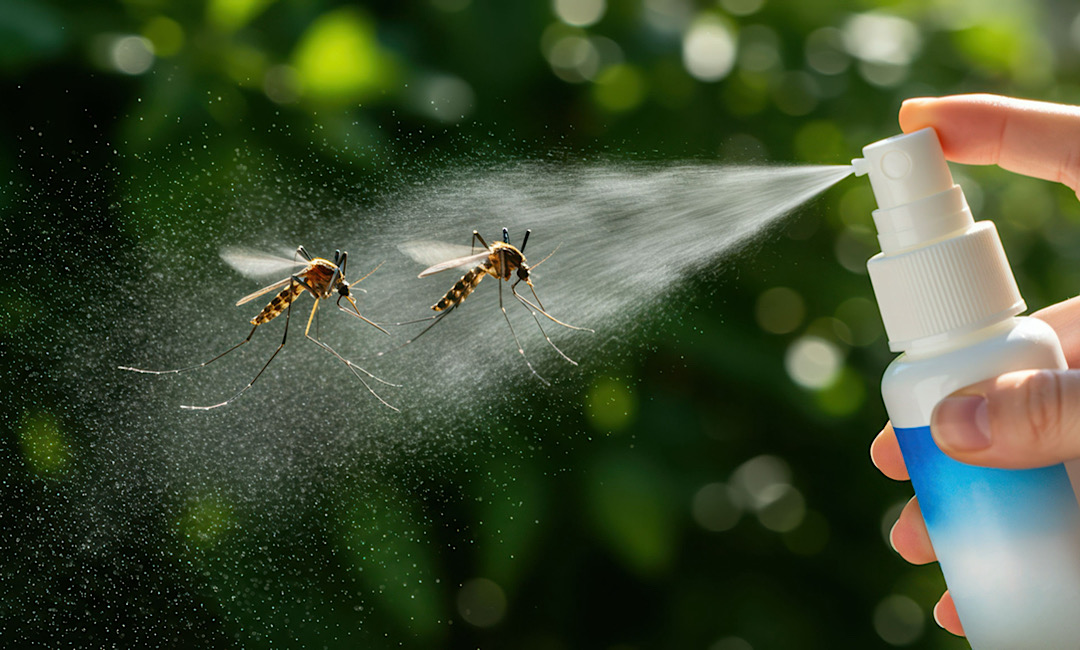As the cooler fall months arrive in Charleston, SC, many homeowners shift their focus away from termites, believing these pests are less active during this season. However, termites remain a threat year-round, including in the fall. While they may be less visible, these wood-destroying pests continue to silently cause damage. Termites, particularly subterranean species, are drawn to moisture and can easily thrive in the damp conditions that fall often brings. Understanding how seasonal changes affect termite behavior and knowing the best prevention techniques will help protect your home during this time.
How Seasonal Changes Affect Termites
Termites are often thought to be more active during the warmer spring and summer months, but they do not hibernate or die off when temperatures cool. Instead, they adjust to the changing climate, continuing their destructive behavior as they seek moisture and food sources throughout the fall. Charleston’s mild fall weather creates an environment where termites can remain active underground, especially when moisture is present.
During the fall, termites are particularly attracted to:
Moisture from fall rains can accumulate around a home’s foundation or in damp wood. This buildup provides an ideal habitat for subterranean termites, as they rely on moisture to survive and tunnel into homes.
Dead or decaying wood, which is more accessible in the fall as trees shed leaves and plant matter decays. As outdoor food sources dwindle, termites often migrate closer to homes, seeking out new food supplies in wooden structures.
These pests can go unnoticed for months, burrowing deep into the wood of your home, causing structural damage that is costly to repair. This makes fall the perfect time to take preventive action.
Termite Prevention Techniques for Fall
While termites can be active throughout the year, taking extra precautions during the fall is crucial to prevent an infestation. Here are some proven ways to protect your home from termites as the season changes.
Addressing Moisture Issues
Excess moisture is one of the leading factors that attract termites, particularly in the fall when rain is more frequent. Keeping your home dry and well-ventilated can significantly reduce the risk of a termite infestation.
Focus on the following strategies to reduce moisture:
Fix any leaks or plumbing issues in your home, particularly around basements, kitchens, and bathrooms. Termites are drawn to damp wood, so ensuring that water cannot pool in these areas is essential.
Clean gutters and downspouts to prevent water from accumulating near your foundation. Debris such as fallen leaves can clog drainage systems, allowing moisture to seep into the walls and wooden structures of your home, which could invite termites.
By controlling moisture, you make your home less appealing to termites and can help prevent them from establishing colonies near your foundation.
Eliminate Wood-to-Ground Contact
One of the most effective ways to prevent termites from accessing your home is to reduce wood-to-ground contact. Termites are highly efficient at tunneling through soil to reach the wood, and direct contact provides them with an easy route into your home.
To eliminate potential access points:
Keep firewood and mulch away from your home’s foundation. Stacked firewood and thick mulch beds hold moisture, which attracts termites. Store firewood at least 20 feet from your home, and use inorganic mulch near your foundation to reduce risk.
Inspect wooden structures such as fences, decks, and support beams to ensure they are not in direct contact with the soil. If necessary, install metal or concrete barriers between the wood and the ground to block termites’ access.
Taking steps to break the connection between wood and soil will help limit termites’ entry points and protect your home from these destructive pests.
Regular Home Inspections and Proactive Measures
Even with preventive efforts, it’s important to regularly inspect your home for signs of termite activity. Termites are often difficult to detect until significant damage has been done, so routine checks can help catch infestations early.
During the fall, keep an eye out for:
Mud tubes along walls or foundations. Subterranean termites build these to travel between their colonies and food sources. If you spot mud tubes, it’s a sign of termite activity and requires immediate attention.
Hollow or damaged wood, which can indicate that termites have been feeding inside. Termites consume wood from the inside out, leaving only a thin layer on the surface, so tapping on walls or beams to check for hollow sounds can reveal hidden infestations.
Additionally, scheduling an annual inspection with a professional pest control service can provide you with peace of mind. Pest control experts can identify potential problem areas, apply treatments, and offer long-term protection plans to keep termites at bay.
Proactive Protection Through Professional Services
While home inspections and moisture control can go a long way in preventing termites, a professional termite treatment offers the most comprehensive protection. Licensed pest control technicians can apply specialized termite barriers and monitor your home for any signs of activity. For homeowners in Charleston, Lowcountry Pest Management offers tailored termite control solutions that protect homes from fall infestations and ensure that termites don’t return.
With their expertise, you can rest assured that your home is safeguarded against termites year-round. Whether it’s treating existing colonies or applying preventive treatments, professional services provide the highest level of protection.
Take Action to Protect Your Home This Fall
Fall may bring cooler temperatures, but termite activity remains a year-round concern in Charleston. By addressing moisture issues, eliminating wood-to-ground contact, and performing regular inspections, you can protect your home from these damaging pests. To ensure complete protection, consider contacting Lowcountry Pest Management for a professional termite inspection and treatment plan. Their experienced team will help you secure your home and prevent termites from causing costly damage.


